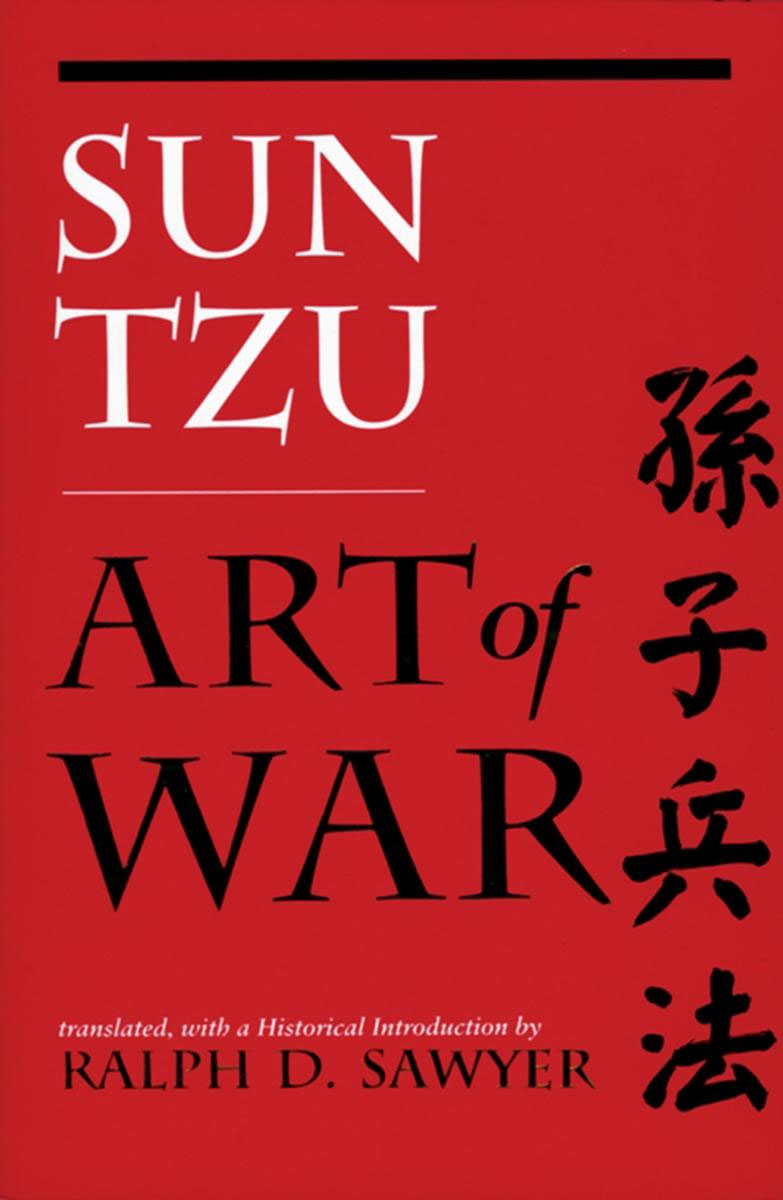Session 18C: The Smoke of the Foundry
If large numbers of trees move, they are approaching. If there are many [visible] obstacles in the heavy grass, it is to make us suspicious. If the birds take flight, there is an ambush. If the animals are afraid, [enemy] forces are mounting a sudden attack.
Back in Session 13 I discussed the value of having a toolkit of basic tactical techniques in your back pocket as a Game Master. The headline for that essay was “Simple Simulatonist Tactics,” and the reason I did that is because I believe that the Game Master’s tactical acumen is not necessarily limited to the diegetic tactics of their NPCs.
 In other words, the tactical techniques you use as a GM don’t always map to what would purely constitute tactics in the real world. You can think of tactics as being the techniques by which you achieve your desired effect upon the battlefield: In the real world / simulationist play, the desired effect is usually victory. (Often the method used is to manipulate your opponents’ thoughts and their decisions – see the Battles of Trebia and Cannae, for example – but ultimately you goal is victory.)
In other words, the tactical techniques you use as a GM don’t always map to what would purely constitute tactics in the real world. You can think of tactics as being the techniques by which you achieve your desired effect upon the battlefield: In the real world / simulationist play, the desired effect is usually victory. (Often the method used is to manipulate your opponents’ thoughts and their decisions – see the Battles of Trebia and Cannae, for example – but ultimately you goal is victory.)
In dramatist and gamist play, however, your tactical choices as the GM may be made to achieve ends other than victory. Instead, you use tactics to achieve either dramatic effects or to create interesting challenges.
For example, the combat system in D&D 4th Edition is heavily designed to create My Perfect Encounters™. These encounters are balanced on a razor’s edge in order to create a gamist tactical challenge, and in order for the game to work properly the GM needs to make tactical choices appropriate to that paradigm.
When I was playing the D&D Gamma World version of this ruleset, for example, I once forgot what system I was using and had the bad guys perform a tactical retreat from a combat they were losing and seek reinforcements: This completely unbalanced the precarious encounter balance of 4th Edition and resulted in a near-TPK. (You can read a fully playtest report here.)
Even when a system isn’t mechanically tying your hands like this, though, you can still make decisions like this: It would be more interesting, from a gamist perspective, to fight the Big Bad Guy in his stronghold, so he won’t come charging out from his sanctum to save his minions. It’s dramatically more interesting to fight a sequence of elementally-themed bad guys, even if it would make more sense for the bad guys to form mixed-force tactical groups. And so forth.
HEAR THE REINFORCEMENTS
Here’s a simple dramatist tactical technique your can add to your toolkit: Letting the PCs hear the reinforcements coming.
(To be clear: This is certainly something that can arise naturally out of simulationist play – as the result of opposed Listen and Stealth checks, for example – but if the GM is specifically choosing to let the PCs hear the reinforcements coming order to create effect, that’s a dramatist decision.)
This is a great technique because it gives the players a space in which to make decisions that aren’t possible when the reinforcements just burst into the middle of the encounter: How can they prepare for what’s coming? Is there a way that they can delay the arrival of the reinforcements? Do they take the opportunity to withdraw before the reinforcements arrive? Do they pull out some heavy guns to clear their current opponents? And so forth.
One of the Shuul who had been in the front hall, satisfied that Tor and Dominic were pacified, turned and headed back through the hall and into the materials storehouse. Two more turned and headed into the second foundry, directly below Tee’s feet. In the sudden silence pervading the Foundry, Tee could hear their footsteps echoing ominously below her…
You don’t really get the Platonic ideal of, “Oh shit! There are more goblins coming!” in this multi-faceted conflict between the PCs, Shilukar, and the Shuul, but there are numerous examples of how auditory cues of what’s happening elsewhere can affect the immediate battlefield.
In this case, the basic technique of hearing the reinforcements coming is being complicated through the more advanced techniques of crossovers. In practice, this single battle is being treated as several different encounters, with things happening in one battle crossing over (often through those auditory cues) into the other encounters. (The proximity of those encounters also means that characters – particularly the NPCs – are often rushing between one encounter and another.)












Not saying that’s a bad thing, mind you, but… wow, it’s been like eight years and you still never pass up an opportunity to show disdain for “precious encounters” in your rare encounter-theory posts. The spite in your words is so tangible you could cut it with a knife.
More player/character knowledge is often better than less. I think GMs sometimes make the mistake of thinking that surprises are more interesting than known factors. Yet, as you say in the article, if they know something is coming it gives them agency to make decisions about the changing situation.